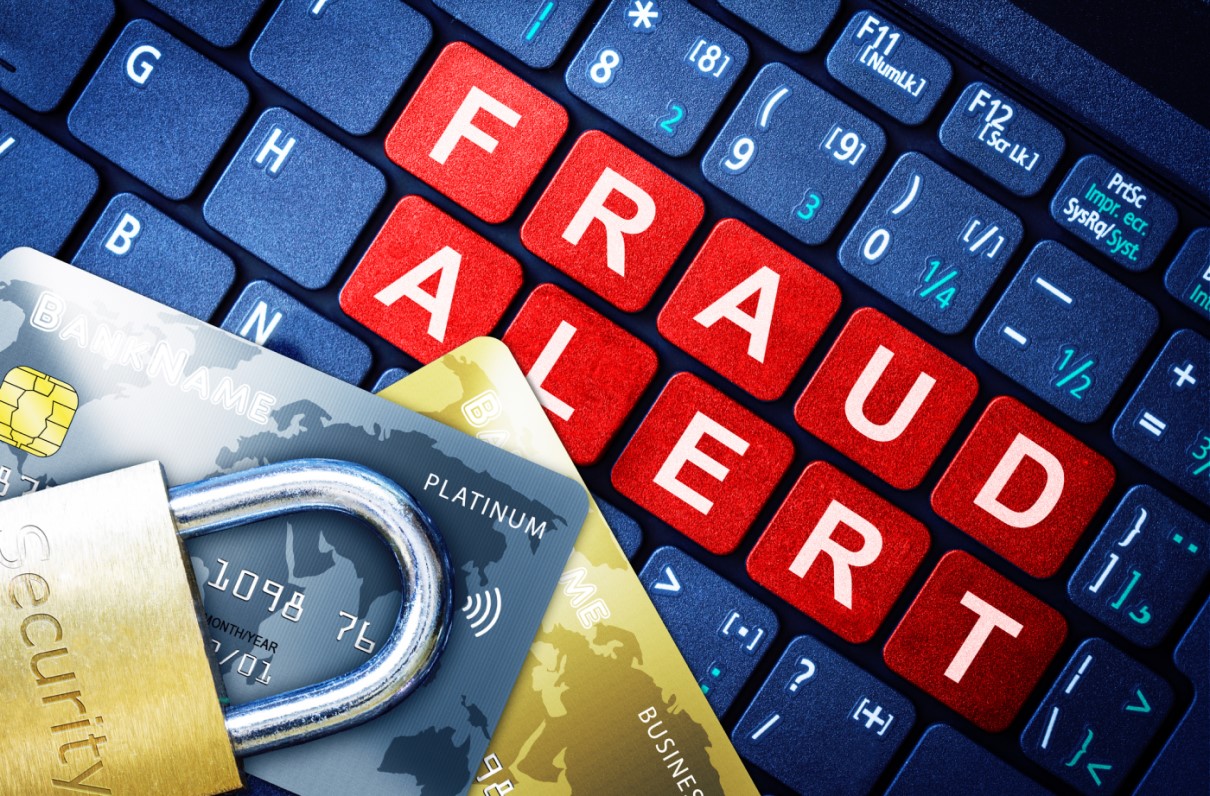News of scam artists targeting an older veteran unfortunately has become commonplace, with the Federal Trade Commission reporting more than $66 million in losses from military retirees and veterans reported to the agency in 2020 alone.
But a recent public information campaign makes it clear these scammers can go after anyone, including a World War II Navy veteran who spent part of his post-service professional career at the helm of the FBI:
William Webster, who also ran the CIA and is now a 98-year-old retired judge, and his wife were targeted in a lottery scam in 2014, according to an FBI.gov report. When the couple refused to pay the $50,000 requested by an unknown caller, the scammers threatened violence. He called his old department; the caller’s now in prison.
“If it can happen to me, it can happen to you,” Webster said in the video, released in early May by the FBI.
Along with the elder fraud threats targeted by the FBI campaign, military retirees and veterans face scams specific to their service. The VA last month reported an uptick in “pension poaching,” where an individual or organization misrepresents their ability to help a veteran secure VA benefits, or attempts to convince a veteran to transfer their funds or share personal information to secure greater or faster VA compensation.
[RELATED: What is ‘Pension Poaching,’ and How Can You Avoid It?]
While no two scams are identical, be wary of anyone making the following requests or proposals regarding your veterans benefits:
- Claims of “guaranteed” future VA benefits, or a request to provide credit card information before assisting with a VA claim. Accredited VA attorneys and claims agents cannot charge a fee until after a claim decision.
- Requests for your eBenefits, VA.gov, or other VA login credentials.
- Claims to represent the VA itself or to hold VA accreditation (Check any organization or claims agent against VA’s online accreditation database), especially those accompanied by legal threats for noncompliance. Not sure how to proceed, or if you are actually facing a compliance issue? Hang up and call the VA direct at (800) 827-1000.
- Suggestions about moving money into or out of specific accounts to allow for benefits eligibility. Remember: If you receive VA benefits after misrepresenting your finances – even at the direction of a third party – you may be liable to repay the benefits to the government.
Report suspected VA-related scams by calling the VA Office of Inspector General at (800) 488-8244. Report other scams at https://reportfraud.ftc.gov or via your local FBI field office.

